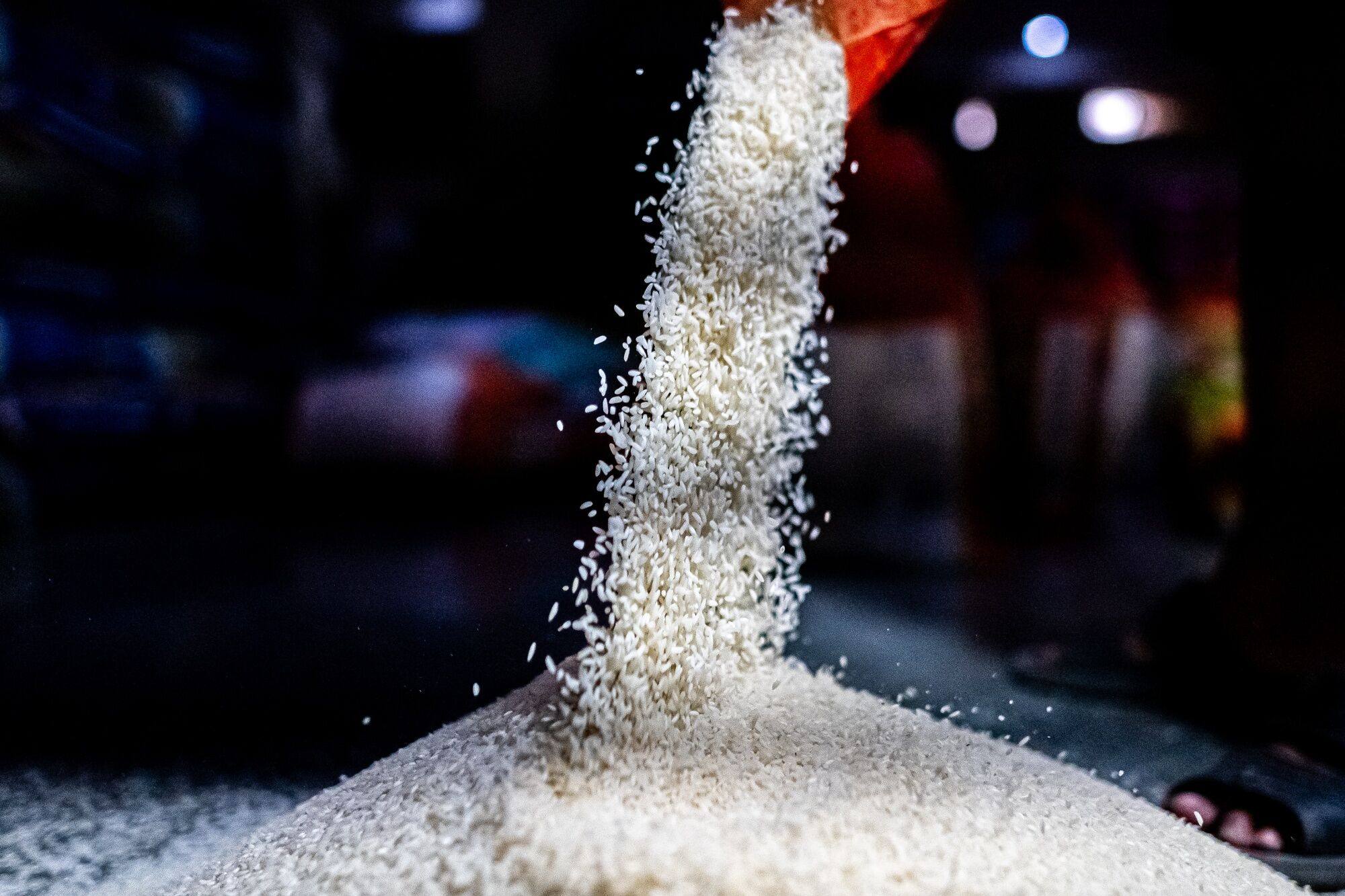Asia can climate-proof its economic destiny by weathering the storm together
The World Meteorological Organisation forecasts that El Nino conditions, which fuelled a rise in global temperatures this year, will transition to La Nina from July onwards, bringing plentiful rains.
Along with cooling food inflation, an oil supply glut is expected to moderate or keep a lid on prices of the commodity. That follows Opec’s decision to end voluntary production cuts from October and signs of slowing demand from top consumer China.
Easing conditions are likely to set the stage for central bank interest rate cuts later in the year, promising relief for middle class consumers struggling with costs like home loan repayments.

Yet swathes of the world may not experience any immediate relief due to a couple of factors: high levels of debt stress have stretched the government machinery in developing countries, and people in conflict zones remain out of bounds for aid relief.
Asian and African countries that are net food importers have suffered the most because on an average they spend more than half of their income on food. Stretched aid funding means that refugee rations have been cut for several years, Saarinen said.
Refugee families often have to decide whether to spend their meagre resources on food, medicine or education. That is an unbearable burden forced upon people who are in no position to find a way out.
It begs the question on the role of wealthy nations, whether they will step forward to bail out these countries or pay lip service.
In uncertain geopolitical times, it’s crucial for regional neighbour to cooperate rather than waiting for wealthier nations to act
Some of the largest industrial nations, who for years have spewed emissions and triggered the climate crisis, also bear responsibility for weatherproofing small tracts of land that dominate farmers’ holdings in developing nations in Asia.
Climate activists believe that wealthy nations are reluctant to share green technologies with developing nations to mitigate the ever-growing problem of fluctuating weather and build cleaner supply chains with renewables.
In uncertain geopolitical times, regional neighbours must cooperate rather than wait for wealthier nations to act.
Self-help can go a long way because the next weather disaster may be lurking round the corner.